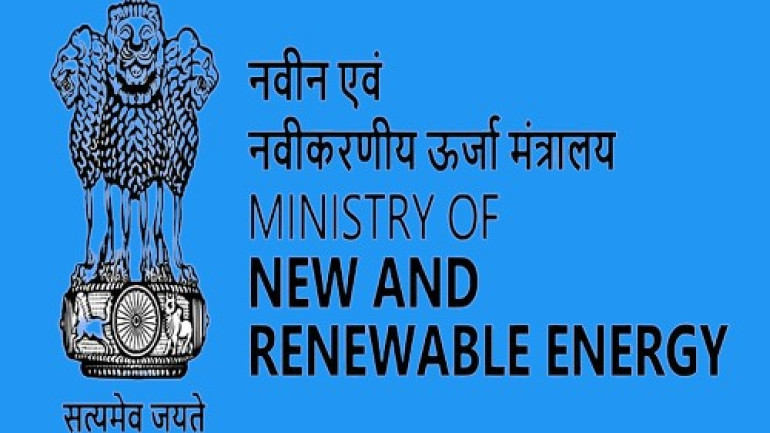
Follow India Renewable Energy News on WhatsApp for exclusive updates on clean energy news and insights
MNRE Issues Guidelines for Solar Cold Storage Systems with Thermal Energy Backup
Feb 14, 2025
The Ministry of New and Renewable Energy (MNRE) has introduced comprehensive guidelines for the design, performance, and testing of solar-powered cold storage systems equipped with thermal energy storage (TES) backup. These guidelines aim to enhance the efficiency and reliability of solar-driven cold storage units, which play a crucial role in preserving perishable goods such as agricultural produce, dairy products, fish, and pharmaceuticals.
By harnessing solar photovoltaic (PV) energy during the day and storing surplus cooling energy for nighttime or low-sunlight periods, these systems provide a sustainable alternative to conventional cold storage solutions that rely on grid electricity or diesel generators.
Key Specifications and Components
The MNRE guidelines cover solar cold storage units with capacities ranging from 2 metric tons (MT) to 20 MT, designed to operate within temperature ranges of -5°C to 4°C. Each system is composed of:
- Cold Room – Insulated with polyurethane foam (PUF) to maintain thermal efficiency.
- Refrigeration Unit – Integrated with a TES system utilizing phase change materials (PCMs) to store cooling energy efficiently.
- Solar PV System – Generates power during daylight hours and is coupled with an advanced monitoring system for performance tracking.
The inclusion of TES technology ensures that the storage units remain operational during nighttime and cloudy conditions, offering a reliable and energy-efficient solution for cold chain management.
These guidelines mark a significant step toward reducing dependency on fossil fuels in cold storage infrastructure, promoting sustainability in India’s agricultural and pharmaceutical supply chains.